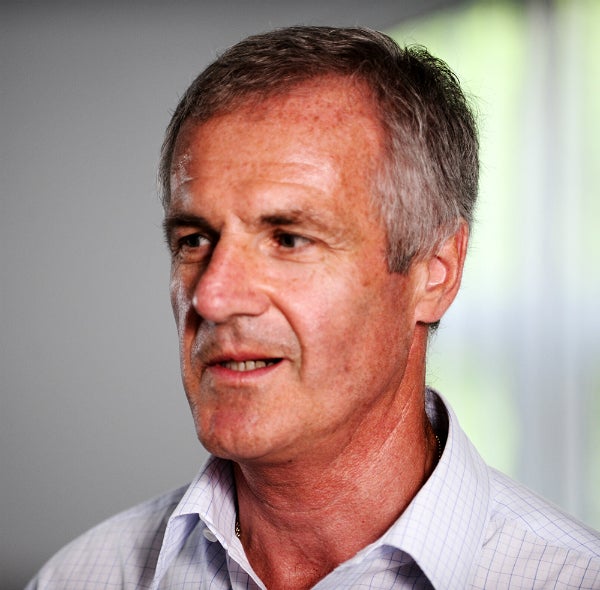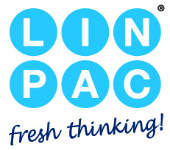
Retailers, food manufacturers and the packaging converting sector need to design packaging for both functionality and the environment, according to LINPAC, the leading fresh food packaging manufacturer.
Innovation consultant for LINPAC, Alan Davey, is a keynote speaker at next month’s The Future of Plastics Packaging event.
Held by the European Plastics Converters Association (EUPC) in Brussels, the one-day event will bring together key players from the plastics sector, brand owners, research centres and the European Institutions to discuss potential challenges facing the industry. The conference will feature a number of presentations, debates and working groups.
During the event, Mr Davey will outline why packaging in itself is ‘a green technology’ protecting and preserving food throughout the supply chain and thereby reducing food waste.
"While packaging today already plays a key role in combating food waste," comments Mr Davey. "The challenge is to educate our societies that packaging adds value, not waste. If we focus too hard on environmental issues like recycling, we can miss the big picture and forget what packaging achieves so well for modern society."
Mr Davey will be arguing that food is actually a greater contributor to the waste stream than packaging, and that packaging’s environmental costs are greatly over-played.
In particular, Mr Davey will discuss packaging sustainability. He will address the challenges retailers, brands and packaging converters face as the trend shifts from pack sustainability to the greater scope of environmental responsibility.
Operating across a network of 14 manufacturing sites serving 71 countries, LINPAC manufactures fully recyclable rPET and PP rigid packaging for meat, fish and poultry. In addition, the company supplies a range of rigid and flexible innovative packaging solutions for the meat protein, bakery, convenience foods, food service and fruit and vegetable markets in conjunction with its global INFIA and barrier films businesses.
"Developing and delivering innovative and efficient packaging solutions has always been a key objective of LINPAC," continues Mr Davey. "Fresh thinking is at the heart of our company and LINPAC is at the forefront of developing novel packaging designs for our customers that add value and help the environment by improving their ability to protect and preserve foodstuffs.
"Consumers are demanding that brands and retailers produce more efficient packaging, both in terms of performance and environmental impact. At LINPAC, we are leading the packaging industry with new and unique rigid and flexible packaging solutions that address these key needs."
Packaging manufacturers are working smarter than ever before to meet the demand for packs that are lighter, optimise material use and are fully recyclable. The push for creativity and innovation in the packaging industry is seen as equally important. However, true sustainability, according to Mr Davey, should be seen as packaging’s core role to protect and preserve food, minimising waste across the supply chain.
Alan Davey will be speaking on Monday 20 September 2016 at the event, held by EUPC at 71 Avenue de Cortenbergh, 1000, Brussels.

